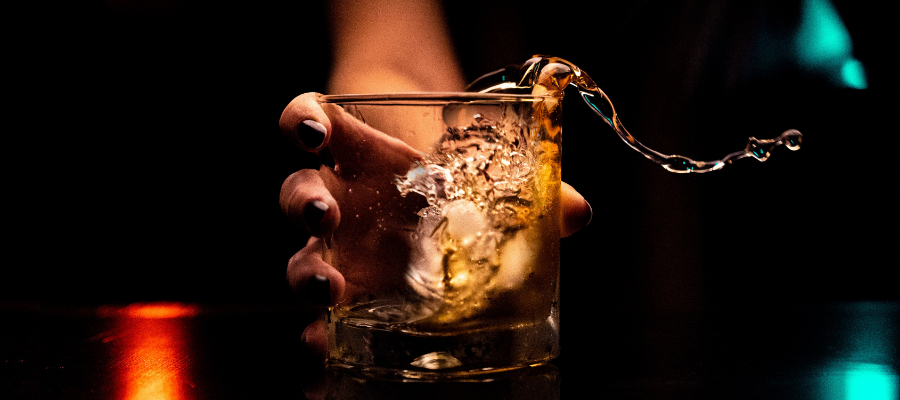Alcohol and Sleep: What You need to Know
A “nightcap” refers to an alcoholic drink taken before bedtime. It is thought to have evolved from the use of the same word for a hat worn to keep the head warm while sleeping. Most people don’t wear hats to bed anymore, but according to the National Sleep Foundation, alcohol as a sleep aid remains somewhat popular. Up to 20% of Americans use a drink at night to help them fall asleep.
Is having a drink before bedtime to prevent restless sleep a good idea? – that’s a question that scientists have explored for decades. The National Institute on Alcohol Abuse and Alcoholism in the US published a summary that cited several studies on the effects of alcohol on sleep and daytime alertness. It concluded that higher doses of alcohol can disturb sleep in healthy people.
Studies also suggest that people quickly develop tolerance to alcohol’s sedative effects. This means that higher doses are required to get the same results. Increased dosages could lead to undesirable side effects, such as daytime sleepiness. Alcohol drunk before bedtime can also interfere with normal sleep cycles and cause unwanted physiological effects.
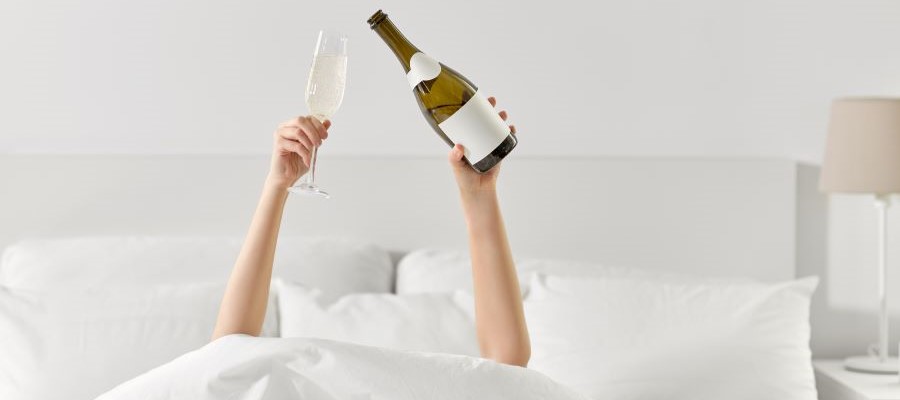
How does alcohol affect physiological recovery?
A study published by researchers in Finland found that even moderate alcohol intake reduces the restorative quality of sleep. In a project that gauged alcohol’s effect on sleep across age groups and among people of varying physical activity levels, the Finnish research suggests that alcohol harms sleep’s physiological recovery aspects across the board.
Low alcohol intake among study participants reduced physiological recovery by nearly 10%, whereas moderate alcohol consumption decreased restorative sleep quality by almost a quarter — 24%. High alcohol intake was shown to reduce restorative sleep quality by nearly 40%. Harmful effect amplified in younger people when compared to seniors.
In other words, alcohol and sleep apnea are closely connected.
Does alcohol interfere with sleep cycles?
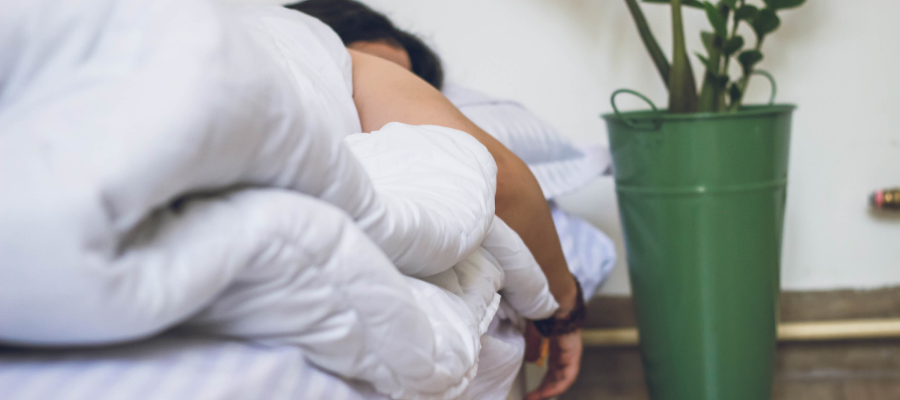
One reason why a nightcap remains a relatively popular home remedy for sleeplessness is that a drink really can help some people fall asleep more quickly; alcohol is a depressant, after all. The problem is that falling asleep faster doesn’t necessarily mean better sleep overall.
Studies show that even moderate amounts of alcohol interfere with natural hormone production. Alcohol reduces melatonin levels by up to 20%, and affect other physiological functions that contribute to quality sleep cycles with plenty REM sleep.
By disrupting circadian rhythms, alcohol makes it more difficult for the body’s biological clock to function effectively. It simply reduces the quality of one’s sleep.
Is it ever a good idea to have a drink before bedtime?
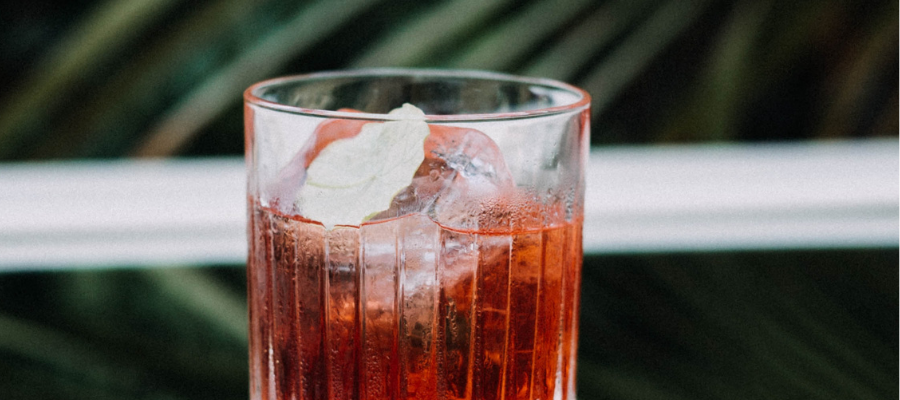
Science overwhelmingly indicates that alcohol isn’t a good long-term solution for sleeplessness. It hinders sleep’s physiological recovery functions. It also interferes with natural sleep cycles and rem sleep. Even when people who have a drink before bed fall asleep quicker, their sleep quality tends to be poorer. In addition, they can develop a tolerance to alcohol’s effect as a sedative in just a few days.
The jury is out on whether moderate alcohol use has an overall positive or negative effect on health. Multiple studies suggest that consumption of alcohol in moderation has some health benefits, including possible reductions in heart disease, stroke, and diabetes risks. However, the research on alcohol as a sleep aid seems more conclusive; if you need a good night’s rest, it’s best to avoid a nightcap.
Alternatives to alcohol as a sleep aid
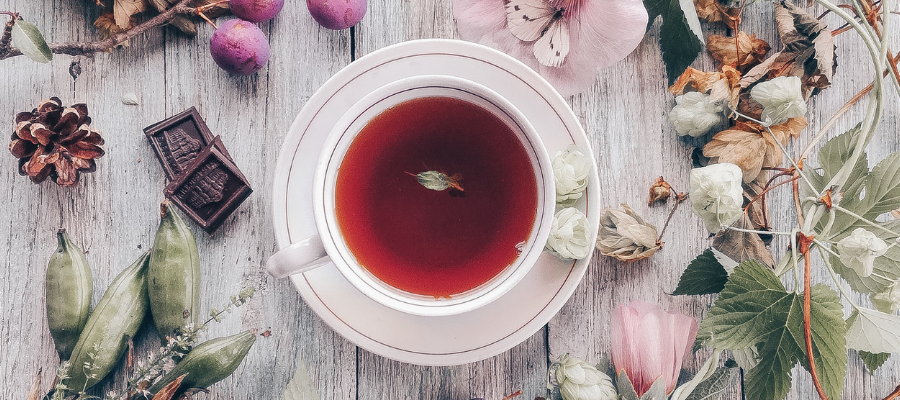
Consider replacing the alcoholic bedtime drink with a mug of soothing herb tea or other natural sleep aids. The teas listed below can affect sleep positively:
Chamomile: Chamomile is high in an antioxidant called apigenin which targets specific receptors in your brain to reduce anxiety and initiate sleep. It is a natural remedy for inflammation, anxiety, and insomnia.
Lavender: Best known for its relaxing aroma, lavender is effective when used as aromatherapy or consumed as a tea. If you suffer from anxiety or an anxiety-related disorder, lavender may help to decrease anxiety. It can also improve the quality of your sleep.
Lemon Balm: This aromatic, citrus-scented herb belongs to the mint family. It is used for both aromatherapy and tea. Lemon balm has also been shown to increase levels of a neurotransmitter called gamma-aminobutyric acid, or GABA, in mice. High levels of GABA can increase sleepiness. This makes lemon balm a good choice for those suffering from insomnia.
Always consult your healthcare provider before adding any herbs or supplements to your routine. They may interact with prescription or over-the-counter medications.

